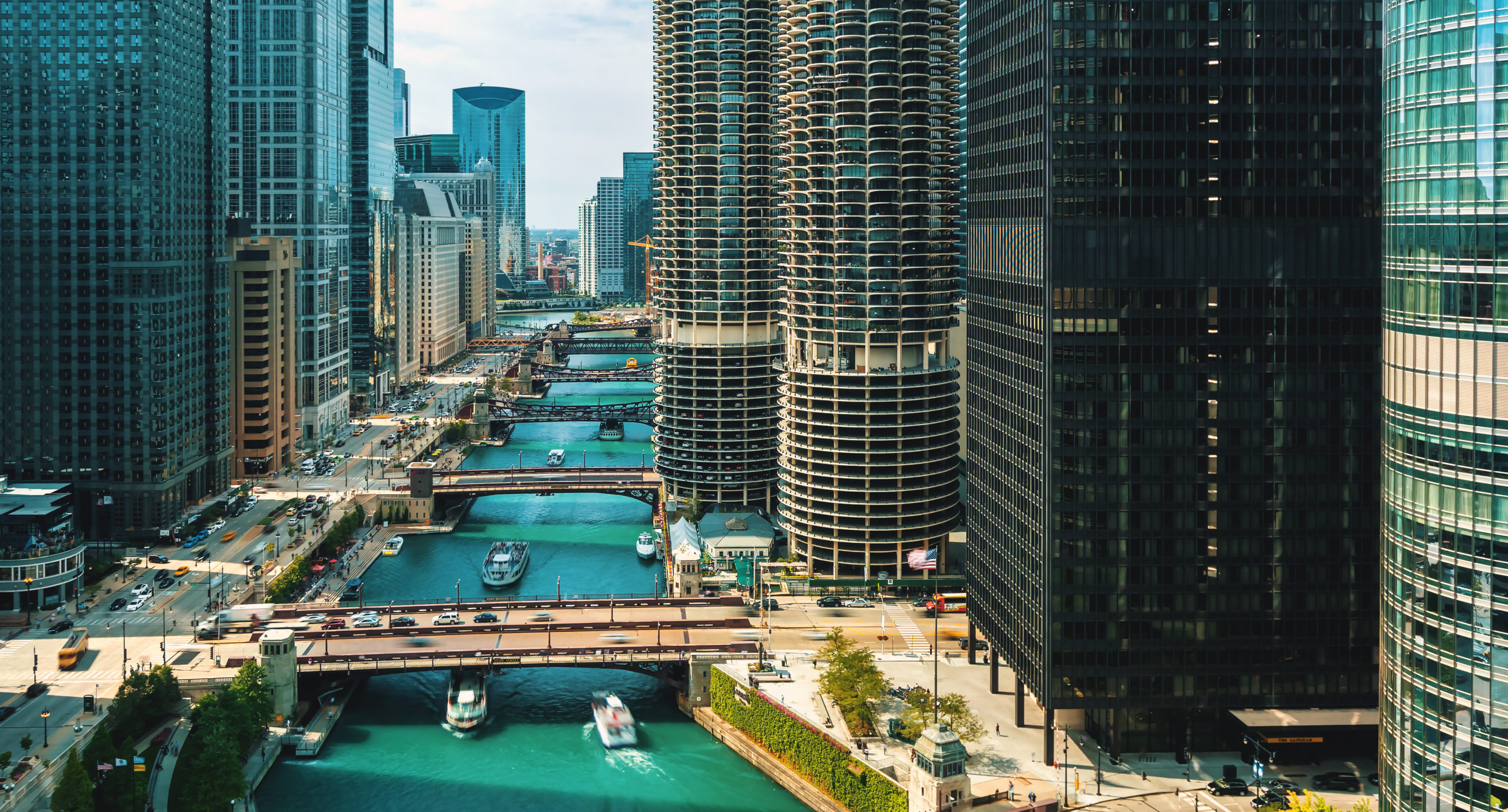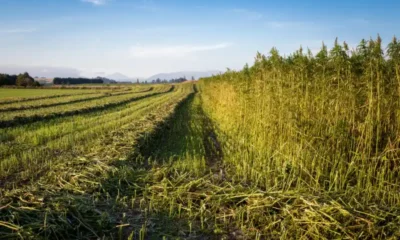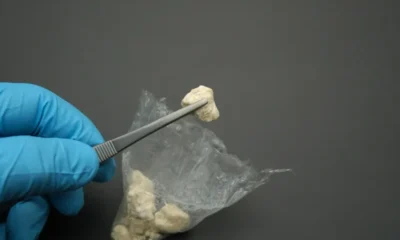Connect with us
Published
3 years agoon

A year into recreational cannabis legalization in Chicago, Illinois, data shows that Black and Latinx people are still subject to disproportionately higher cannabis arrests than their white counterparts—reflecting the latest sign of disparity and continued strife from policies of the drug war era as the state forges forward in the legal cannabis industry, according to a report by Chicago Tribune.
Chicago Police Department arrest totals retrieved under a Freedom of Information Act request showed three times the number of Black Americans were arrested in Chicago for cannabis-related offenses than all other ethnicities combined in 2020.
During the first year of cannabis legalization, Black people led all ethnic groups in arrests at 2,311, which made up more than three-quarters of all cannabis arrests in Chicago (77 percent). Latino people made up the second highest number of arrests at 506 (18 percent). White people made up about four percent of arrests in Chicago, or 117 arrests across the city for the year. Asian and Pacific Islanders made up less than one percent, with 25 arrests.
Many point out the double standard, being that the booming industry is making millions, with white smokers enjoying an accessible, boutique experience in North Side dispensaries, while Black and Brown people are left out and continue to be targeted for selling cannabis illegally.
“The fact that we have these disparities in terms of access, and then on top of that, we’re seeing a continued criminalization of people for actions that are largely driven by their inability to go and buy them on the legal market, is disheartening and frustrating and demonstrative of the work that still needs to be done,” said Cook County State’s Attorney Kim Foxx.
Spokesman for the police, Superintendent David Brown, said the department, “…does not tolerate racial discrimination of any kind and is committed to constitutional policing and treating all individuals with dignity and respect. The department conducts enforcement based on criminal activity, not based on race or specific communities.”
The West and South sides of Chicago boasted police districts with the most cannabis-related arrests in 2020. Foxx said these numbers reflect old patterns of ineffective policing and that she remains troubled by the racial disparity, when data shows similar use rates between Black and white people.
“The fact is, the whole point of legalization, and obviously decriminalization, was to deal with the reality, which was, people use marijuana across racial and ethnic demographics at the same rate. Yet, there was an overrepresentation of Black people in the justice system,” she said.
The ACLU also found in 2020 that Illinois had the third-highest racial disparity in cannabis possession arrests, with Black residents seven times more likely to be arrested for cannabis possession in Illinois prior to the state’s regulation of purchase and possession.
Racial disparities in a number of Illinois counties showed even larger numbers, with Black people 43 times more likely to be arrested for cannabis possession in Tazewell County, 24 times more likely in Peoria County, and nearly 20 times more likely in Whiteside County.
“The legacy of rank bias in how we enforced cannabis laws in Illinois is clear,” said Ben Ruddell, criminal justice policy director, ACLU of Illinois. “We should redouble our efforts to ensure that this sort of racially disproportionate policing does not continue under the new state law, especially in those parts of the state where the track record is so abysmal.”
Foxx also said that the Baltimore district attorney’s decision to decriminalize all drug arrests can serve as a blueprint for shifting resources away from drugs and toward addressing violent offenses.
“I think there is room to recognize that in order to do this, we should probably loosen our resources on nonviolent offenses, like marijuana, to devote our attention to (violent crime),” Foxx said.
In addition, as the industry continues to flourish, activists say it’s time for political leaders to open up the corporate cannabis industry to people of color, following decades of laws targeting them.
“Until you deal with reparations and expungement—without reparations, it means nothing,” said Tyrone Muhammad, executive director of Ex-Cons for Community and Social Change. “It’s just language with no repair, no reparations for the damage done by the war on drugs.”


German Authorities to Ban Cannabis Smoking, Vaping at Festivals Including Oktoberfest


Ohio Company Signs Deal To Grow Hemp for Bioplastic


Gen Z Consumes Less Alcohol, Prefers More Cannabis and Non-Alcoholic Beverages


Colorado Senate Approves Legislation Banning Social Media Praise of Drugs


Study: CBD for Crack Use Disorder Comparable to Traditional Treatments, Less Side Effects


Snoop Dogg’s Dr. Bombay Ice Cream Launches New Flavor for 4/20
